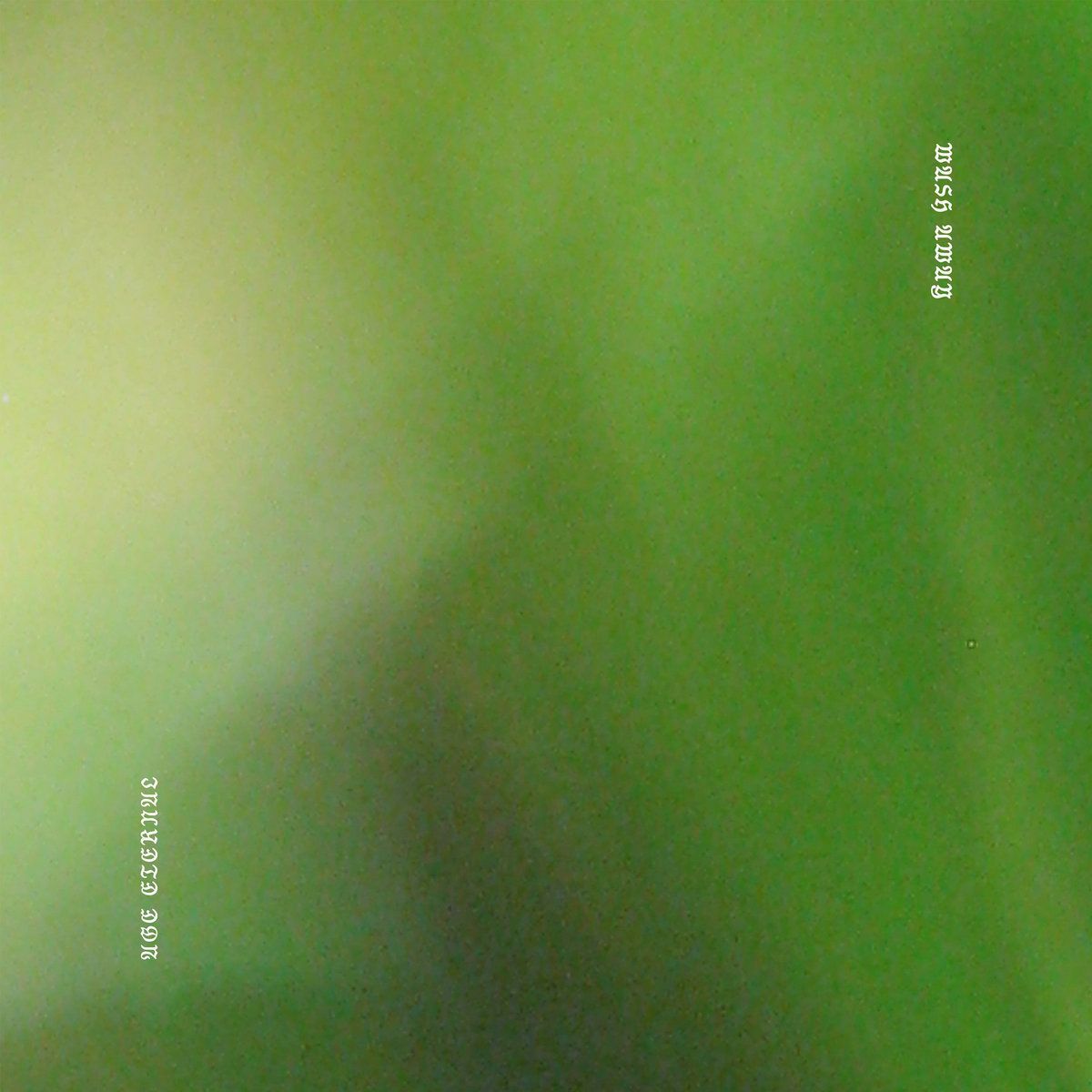I've been working on my music collection recently, trying out different folder structures to see how they feel as I make playlists. I'm an organizer; finding the right size and shape of box is part of my creative process. I've tried all sorts of structures and hierarchies, but I end up lost in the sauce of arbitrary indecision rather than centered on the music. But lately, I've been putting everything back where they came from: as they were released, into their albums.
Sifting through five thousand individual tracks with incomplete metadata, I've had to dive through Discogs to find the original release for each track. At first I tackled this with a perfunctory attitude, pushing through as quickly as possible. But soon I recognized that this part of the process was every bit as important as the end goal, if not more. I allowed myself to fall down the rabbit hole to chase the infinite network of connections that binds all music together. I explored an artist's other releases, skimmed through their collaboration with another artist, found the collaborator's alter ego, discovered a now-defunct label with ties to another label I already knew and loved. Repeat ad infinitum.
So it came to be that, at 4 AM, ten degrees deep in this journey of musical free-association, I landed on Wash Away by Age Eternal. I crashed headlong into the final track, Your face looks different today.
I was entranced by the ethereal guitar and squeaky fret shifts. It went on repeat, and with each listen I felt lost fragments of a ancient memory washing ashore. As I tried to piece them together into something familiar, I couldn't stop thinking about The Cure - a band I don't listen to and know nothing about. I've never been into post-punk or goth rock or much of anything from that slice of the 80's and 90's. Why was I thinking about The Cure? But I kept listening, and that guitar kept taunting me. Then I remembered.
I remembered the first time I chose to listen to music. I was six years old. I had heard music of course, but it wasn't a personal decision or experience, it was something I was subjected to, on someone else's terms - in the car, around the house, at church. In this memory, I was trying to draw but the house was too chaotic, full of the sounds of cooking and cleaning and barking and stomping. I wanted to be in my own world, so I asked my older brother for some music. He handed me one CD and a pair of those rickety, stiff plastic headphones that pinch ears after a while. I remember being pleasantly surprised at how helpful he was, because this was an age where my brothers liked to give me shit for everything.
The album my brother handed me was by The Cure. Being the youngest child I loved to pretend to be mature, to act like I had a clue what the adults were going on about. As soon as I pressed played I knew this was was still a step too far, a bit too full of post-pubescent emotions I knew that I knew nothing about. I got bored after a few songs and started skipping around at random, when it happened. That moment that has happened a thousand times since, and yet every time it feels like the very first time. Thunderstruck by a specific sound that demanded my undivided attention, I became spellbound with the most urgent need to live inside the tiny pocket universe of this song. I immediately put it on repeat until the batteries ran out on the CD player.
For years later, when people asked me what kind of music I liked, I would say The Cure. The adults didn't believe me and the kids had no idea what I was talking about, so it kicked off a life-long journey of loving music that no one around me cared for. I didn't even really like The Cure, just that one track, but I liked it more than anything else I'd heard in my little life, so I latched onto it. Or maybe I was just a budding hipster that reveled in his first obscurity. The obsession faded, as any six year-old's attention span might. The memory of that day receded into the depths, eventually losing itself among the foggy errata of childhood until it was resurrected by those echoing strums in Your face looks different today. Now, I had to find the source.
I thought it was surely a lost cause; digging this far back into youth there's usually little else to find but confabulation. But in skimming the discography, the monochrome album cover of Disintegration immediately screamed deja vu. Another quick scan through the tracks and my ears slammed the breaks at Prayers For Rain. I had no doubts. This was it.
That moody bass guitar captured me as swiftly as it had when I was six years-old. I remembered my naive fascination with its hopelessness, the rapturous curiosity in an emotional landscape totally foreign to me as a near-infant. I couldn't conceive of the meaning of this expression because I hadn't experienced any heartbreak or tragedy. But it was different. Different than the rote, saccharine, and toothless expressions I knew from church. I gazed into it with wonder.
Prayers for Rain features, at best, a passing similarity to the echoing guitars that guided me here. Yet the map was true, the treasure was right where it said it would be. This was not an exercise in objective analysis of the music, but a subjective exploration of my personal sonic attenuation. This wasn't the final destination, either. On the third and fourth listen, another memory emerged, summoned by the siren song of haunted despair.
A year after my encounter with The Cure, I remember coming home from school to the rare treat of an empty house. I headed straight for the family computer to load up Diablo. Growing up in a household where hell, Satan, and demonic possession were considered realistic threats, Diablo was perhaps the most transgressive media I encountered in early childhood. My parents hadn't banned it because they didn't know about it; by this point I knew which games to hide from their attention.
At seven years-old, playing Diablo felt like answering the door when the devil came knocking. It was the thrill of looking over my shoulder, not just to watch for my parents, but to see if the flames of hell were licking up the walls. I could barely play the game with all its statistics - I didn't have enough arithmetic under my belt to discern the meaning of the numbers - but I was determined. Nothing embodied the uneasy seduction of its gothic fantasy horror more than its opening track - full of yet more moody, echoing guitars.
But this journey across memories was not yet done. The classical guitar solo at 2:30 launched me forward in time seven years. I was a young teen spending the summer at my best friend's house. He was a few years older and by that point a virtuoso of the classical guitar, practicing four hours every day. It was a hot summer and his house had no air conditioning. I would lay sweating on the floor of his bedroom and listen to him practice the same dozen measures of a Bach sonata for hours. But sometimes he would take a break to play his favorite piece, made famous by Segovia.
Over the course of our friendship I heard him play Asturias a hundred times, and never once did it fail to mesmerize. But that summer would be the last time I heard him play it, or ever hear Asturias again. That was twenty years ago. I will spare Albeniz the injustice of my musical analysis; suffice to say that it is a extraordinary blessing to hear this played within arm's reach.
Each of these memories, though they have lain dormant for all of my adult life, resurface now as immortals in my pantheon of musical history, pivotal moments in the development of my sonic palette. I don't know when, if ever, I might have rediscovered them if I hadn't allowed myself to take the time to follow the reverberations of that guitar in Your face looks different today.


responses